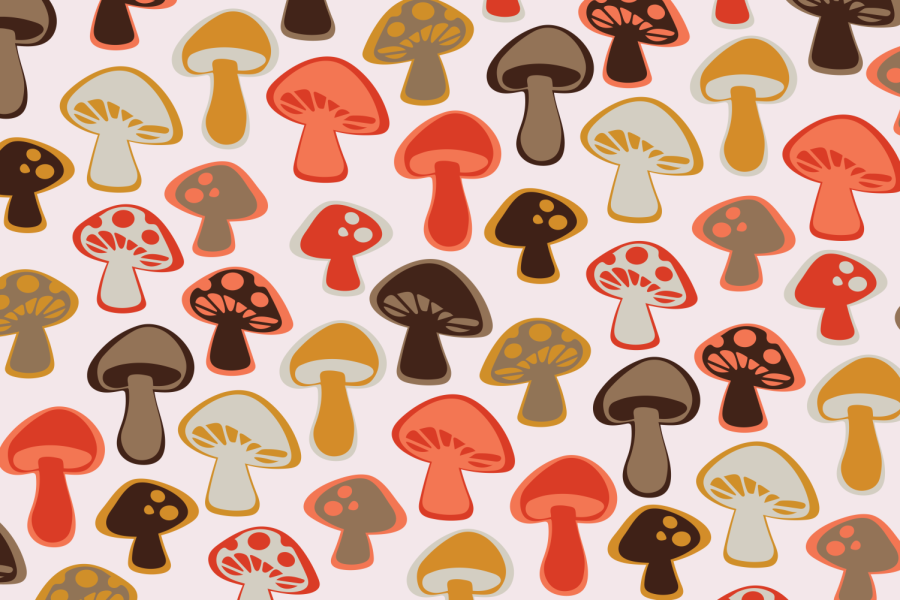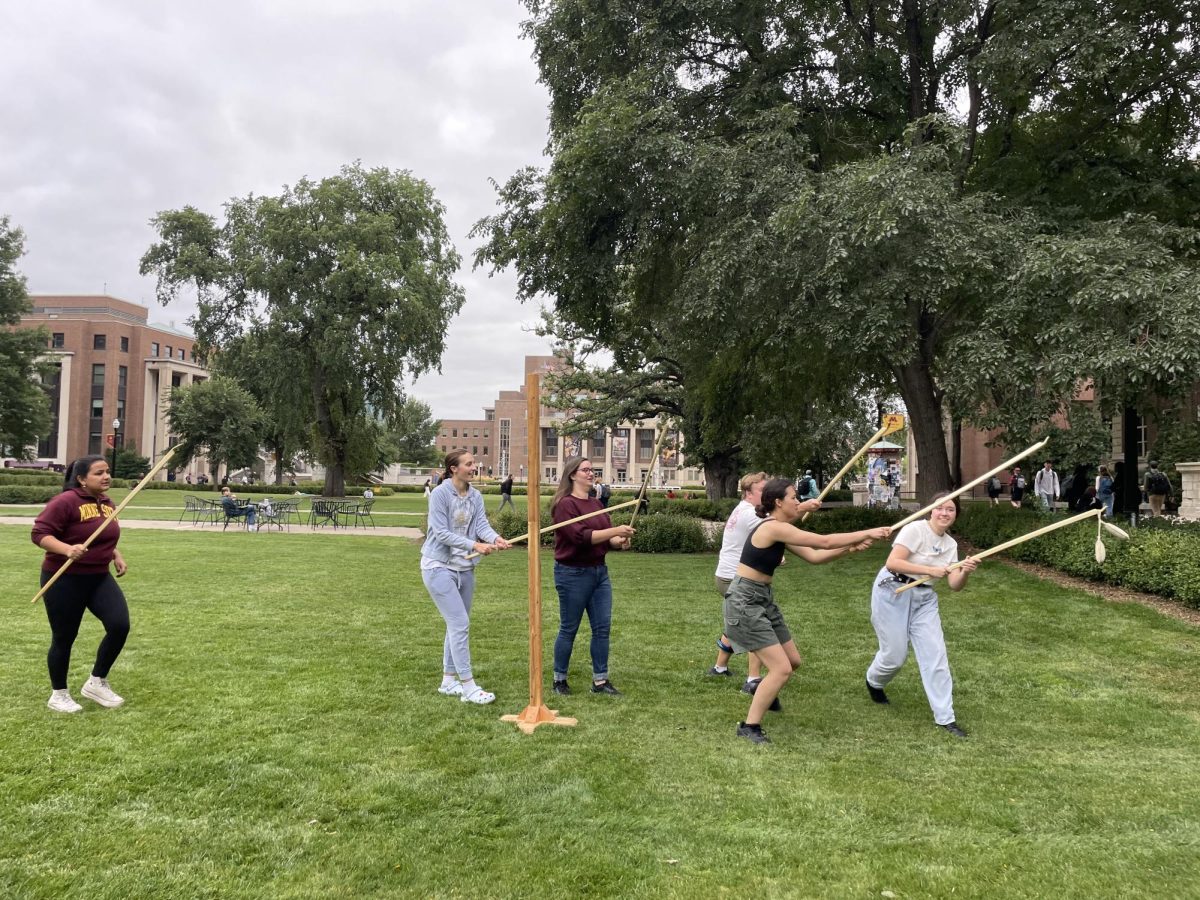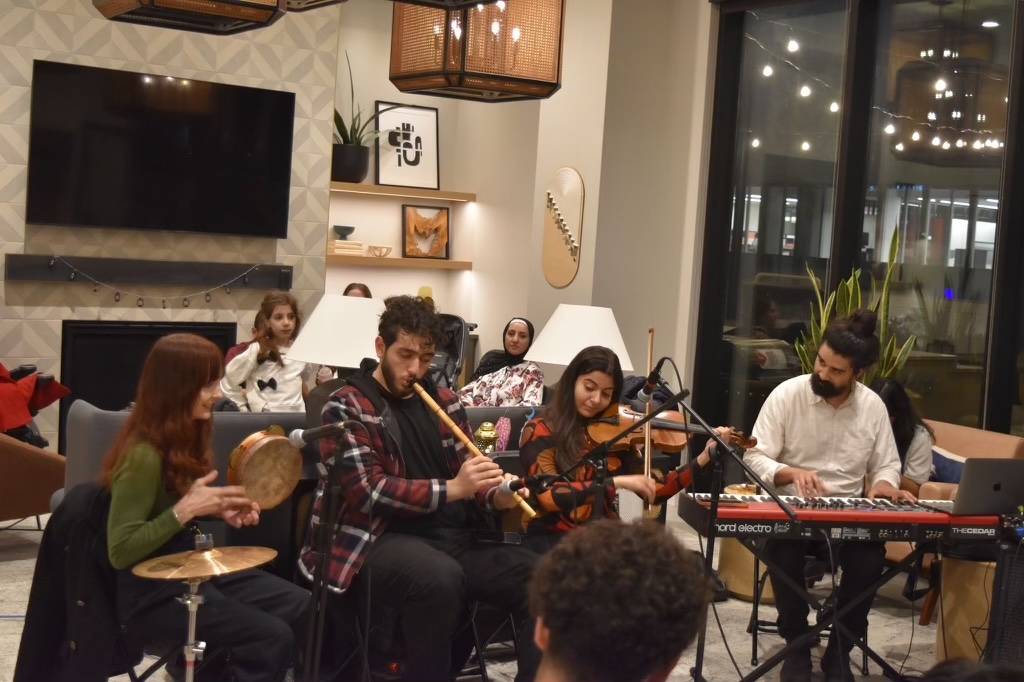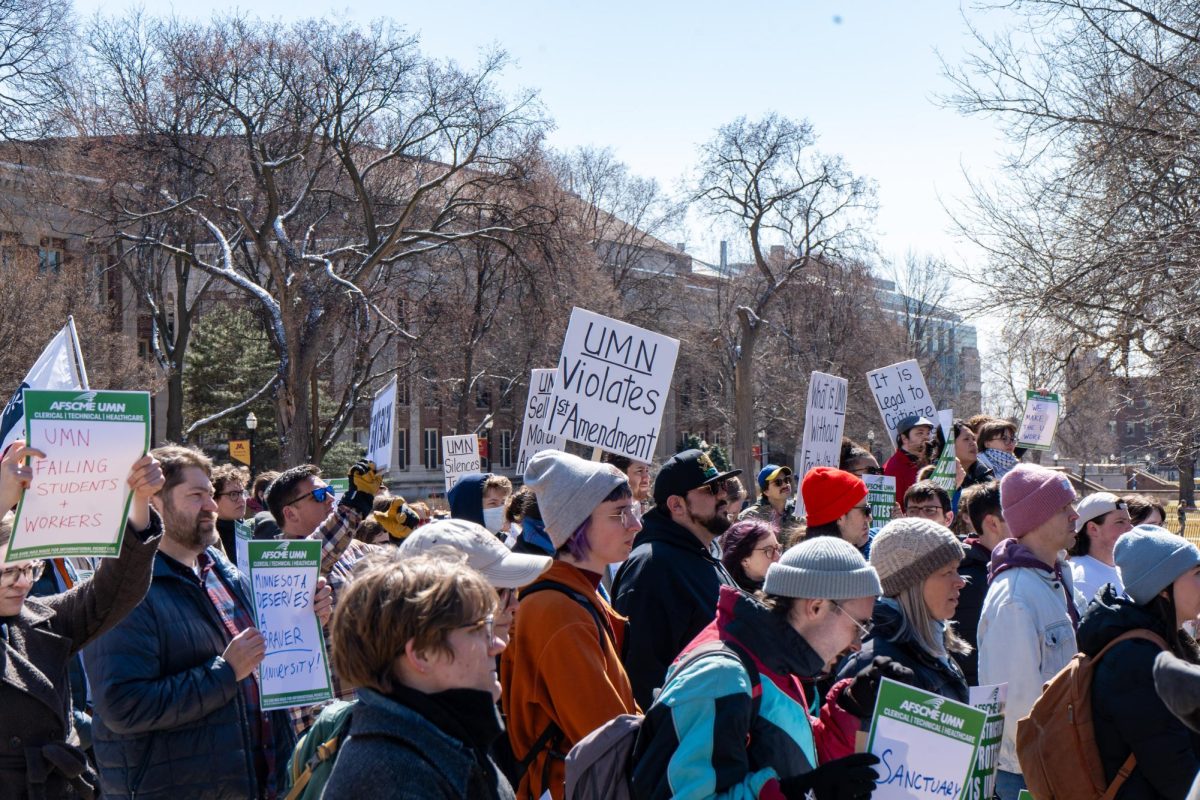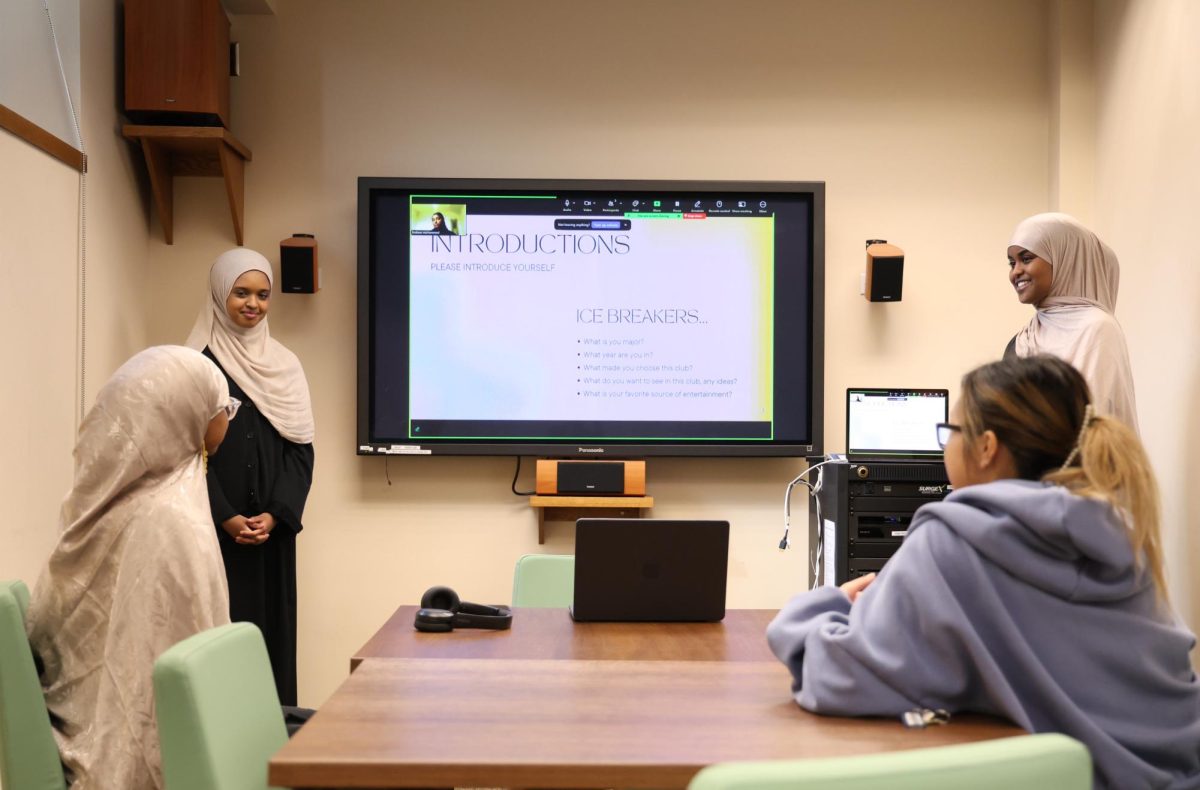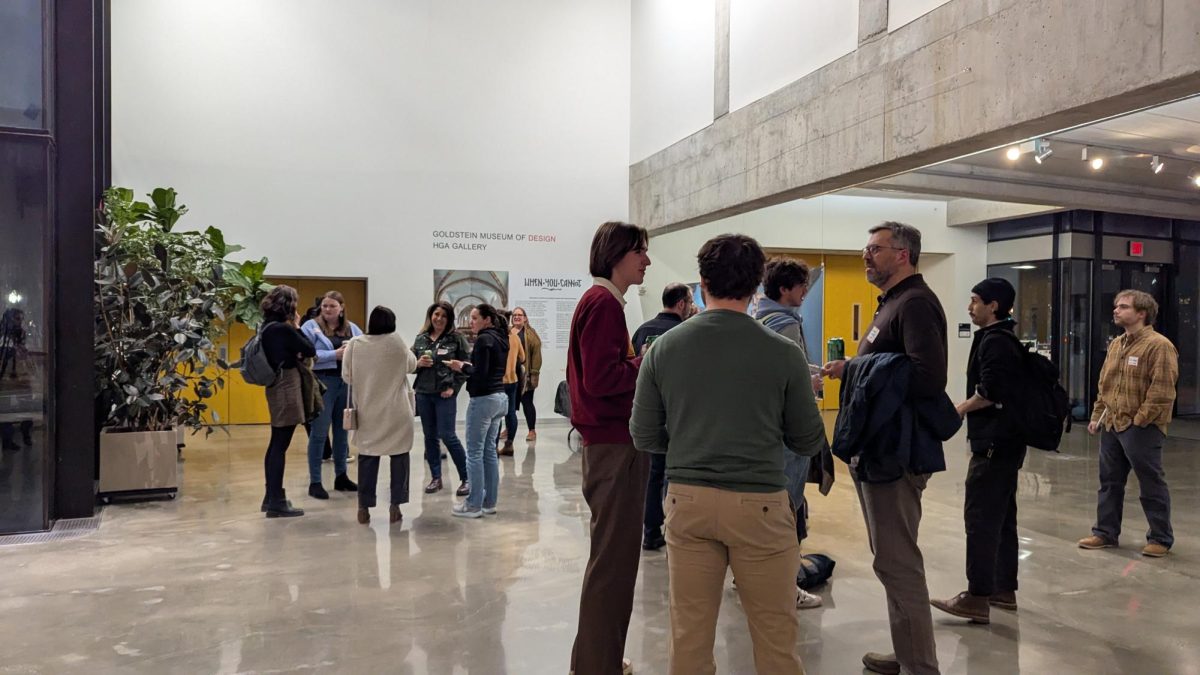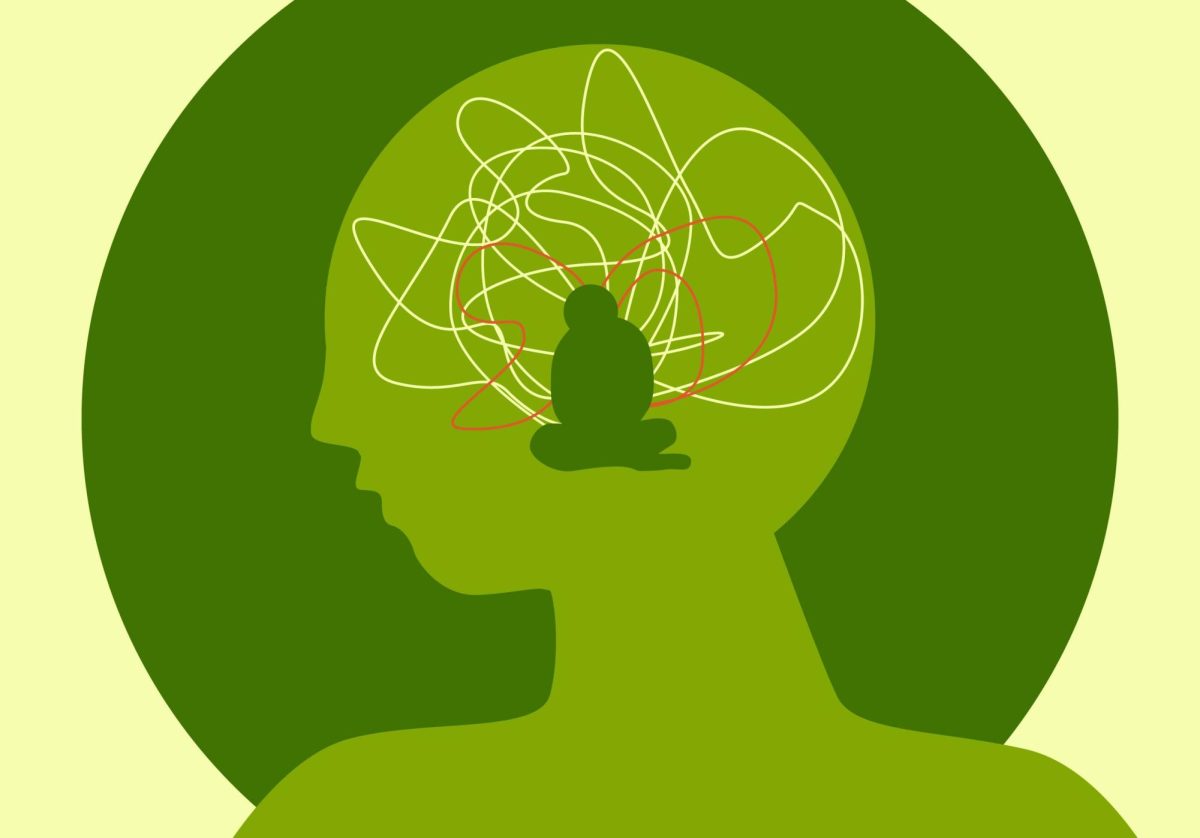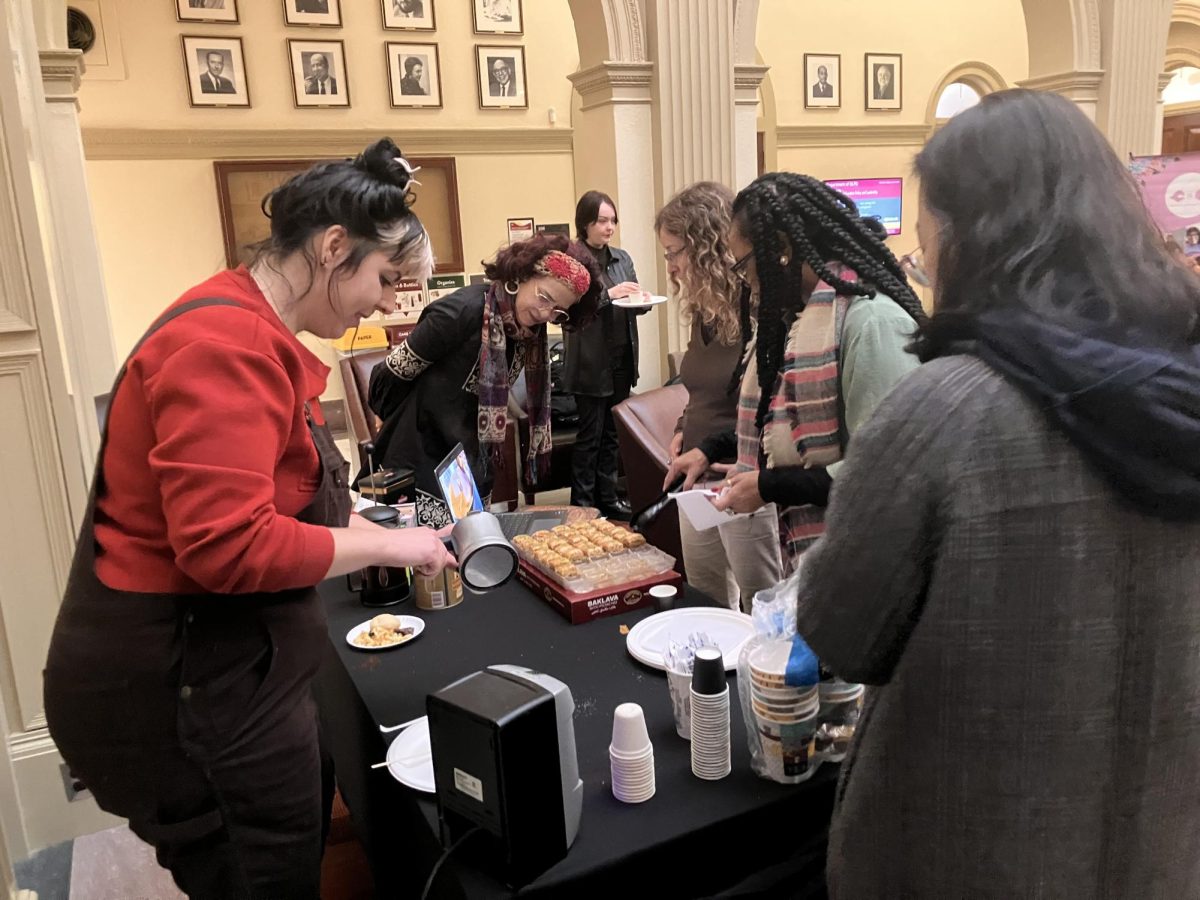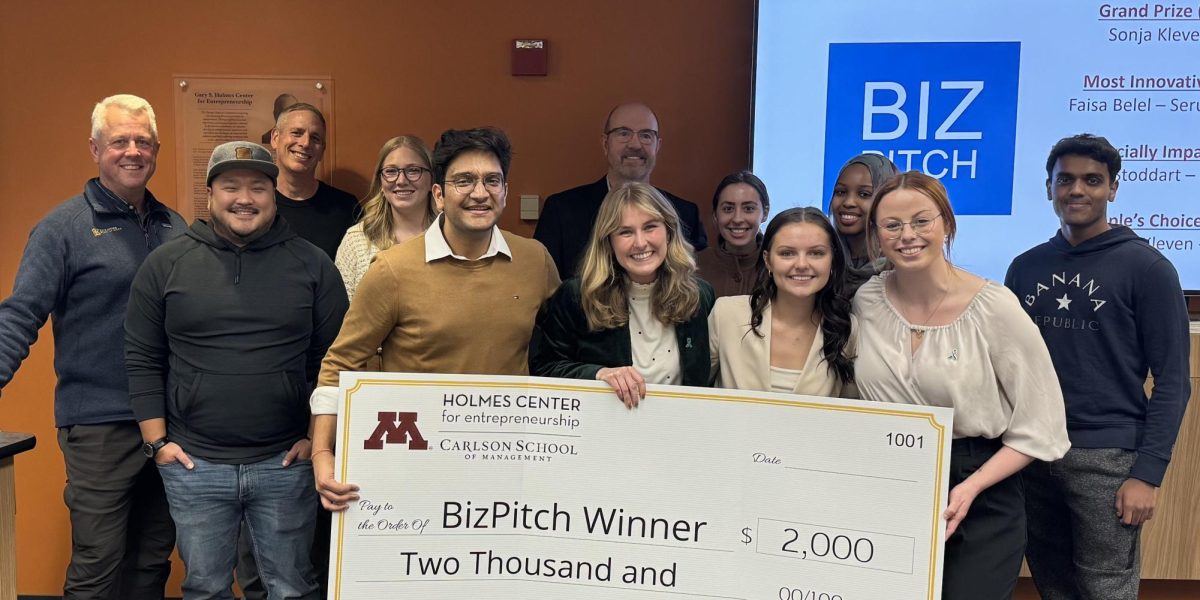As Minnesota begins to shift its stance on psychedelics, the Psychedelic Education Club at the University of Minnesota is optimistic about potential policy changes.
Legislation introduced into the Minnesota House of Representatives last week seeks to decriminalize personal possession of psychedelic mushrooms and legalize them for therapeutic use. These bills follow the recent recommendations of the Psychedelic Medicine Task Force, created by the legislature in 2023 to advise on the potential legalization of psychedelic medicine.
The club, which is centered around activism and the harm reduction movement concerning personal drug use, is hopeful to see the legislation pass.
Miles Jungclaus, a recent University graduate and the club’s acting president, said the legislation is promising for the educational work the club does as a growing student organization and community on campus.
“Our fingers are crossed,” Jungclaus said. “We are heading in a better direction at a community level and nationwide, which seems to be the general direction of the country right now.”
Psilocybin, a compound found in “magic mushrooms,” is consumed for its hallucinogenic effects, according to the Alcohol and Drug Foundation. Psychedelic mushrooms are a controlled psychoactive substance that can cause changes in a person’s perception, mood and behavior.
Minnesota is now one of nearly 40 states to introduce psychedelic bills or measures since 2020, according to legalization tracking data. Oregon became the first state to legalize psilocybin-assisted therapy and decriminalize personal use in 2020, followed by Colorado, which legalized the drug for treatment centers in 2023.
In recent years, studies have found that psilocybin has potential benefits for treatment-resistant depression, according to the American Psychological Association. Evidence suggests it could be useful in treating substance-use disorders, racial trauma and OCD.
Though federal approval of psychedelics is uncertain, some individuals are becoming more interested in exploring treatment options, according to the APA. However, providers said more education about the risks and benefits is needed.
Jungclaus said the club’s goal is to create a safe space for discussion on campus and promote learning regarding the personal and therapeutic use of psychedelics.
“Our main purpose is to establish a psychedelic community and network with the primary focus of providing education on harm reduction practices and being able to provide safe spaces for open discussion,” Jungclaus said.
The club hosts a variety of workshops and informational sessions to learn about the effects of psychedelics in a safe and conversational environment, Jungclaus said. This year, a focus of club leadership has been to promote the club and bring more awareness to psychedelics, spirituality and research.
“We have been helping individuals find other like-minded individuals since 2019,” Jungclaus said.
Jungclaus said COVID-19 ultimately brought on challenges for the club, with leadership graduating during lockdown and a significant decrease in engagement. The club has since had to rebuild and restructure.
“Right now we’re trying to be as professional about it as possible, and trying to hit the ground running,” Jungclaus said.
The club held its most recent meetings at the end of March, which featured presentations about safety practices, the benefits of psychedelic therapy and research being done regarding the use of psychedelics in therapeutic spaces.
Despite a dip in engagement with the club in the fall, recent club events have had strong turnout, Jungclaus said. A club discussion about set and setting on March 21 was very successful, he added.
Set and setting refer to a person’s physical environment and mental state. Understanding these factors is important for harm reduction because they strongly influence the outcome of a person’s experience of psychedelics, according to the National Institute of Health.
Max Lauritzen, a third-year student at the University and a club officer, gave a presentation on being a good trip sitter, a sober individual who supervises a person’s psychedelic experience, at the club’s meeting on Friday.
Lauritzen said the club has provided him and other interested individuals with a community to challenge the stigma and misconceptions associated with psychedelic experiences.
“We don’t promote use. People are going to do it regardless,” Lauritzen said. “If you do use psychedelics irresponsibly, there are risks, but it’s a psychedelic education club. We educate people how to do it a little more responsibly.”
Lungclaus said the community aspect and connecting with others is foundational to the club and its overall mission.
“You’re with a collective,” Lungclaus said. “It takes so much weight off your shoulders, and you are able to focus much more on being a community instead of just being a drone in the system.”
The club plans to host a variety of events through the first week of May, including a community bike ride, nature walk and end-of-semester barbeque.
In recent years, the use of psychedelic mushrooms has outpaced other psychedelic drugs in the U.S., according to a report by RAND, a nonprofit research institute. An estimated eight million adults used psilocybin in 2023.
The Food & Drug Administration designated psilocybin as a breakthrough therapy in 2018 and 2019 for treatment-resistant depression and major depressive disorder, according to the National Institute of Health.
Amidst legislative reforms taking place across the country, there has been a rise in scientific research, with more than 60% of registered voters supporting the creation of regulated therapeutic programs for psychedelic use, according to the National Institute of Health and the University of California-Berkeley Center for the Science of Psychedelics.
Rep. Andy Smith, D-Minn., who represents District 25B, sponsored the most recent psychedelic legislation alongside a handful of co-sponsors.
Smith said, in light of research demonstrating the benefits of these substances, introducing these bills was about expanding access to a resource amidst an ongoing mental health crisis.
“I think it’s a tool that we should have as a society to deal with a mental health crisis that we’ve seen play out over the last decade and even longer,” Smith said.
Smith said the War on Drugs continues to negatively impact access to alternative resources and hinder helpful applications when it comes to treating mental health disorders.
“That is why I passed the bill in 2023 to create the Psychedelic Medicine Task Force, so we could look at this responsibly and go over all of the possible ways we could make this legal, very safely,” Smith said.
Smith, an appointed member of the task force, introduced legislation based on two of the three final recommendations made to the legislature by the task force in January. The task force recommended creating a state-regulated clinical program, decriminalizing personal use or possession and allocating more funding for research into the health benefits of MDMA, psilocybin and LSD.
The majority of states are expected to legalize psychedelics by 2034 to 2037, according to research by the National Institutes of Health.
Smith said he hopes to have committee hearings and work to pass the legislation in 2026 and expects the bills to pass with bipartisan support.
“I’m optimistic, and I do think this will be if it passes a bipartisan bill,” Smith said. “Thankfully, this is one of the few areas where there has been some bipartisan support as we look at these policies around the country.”


